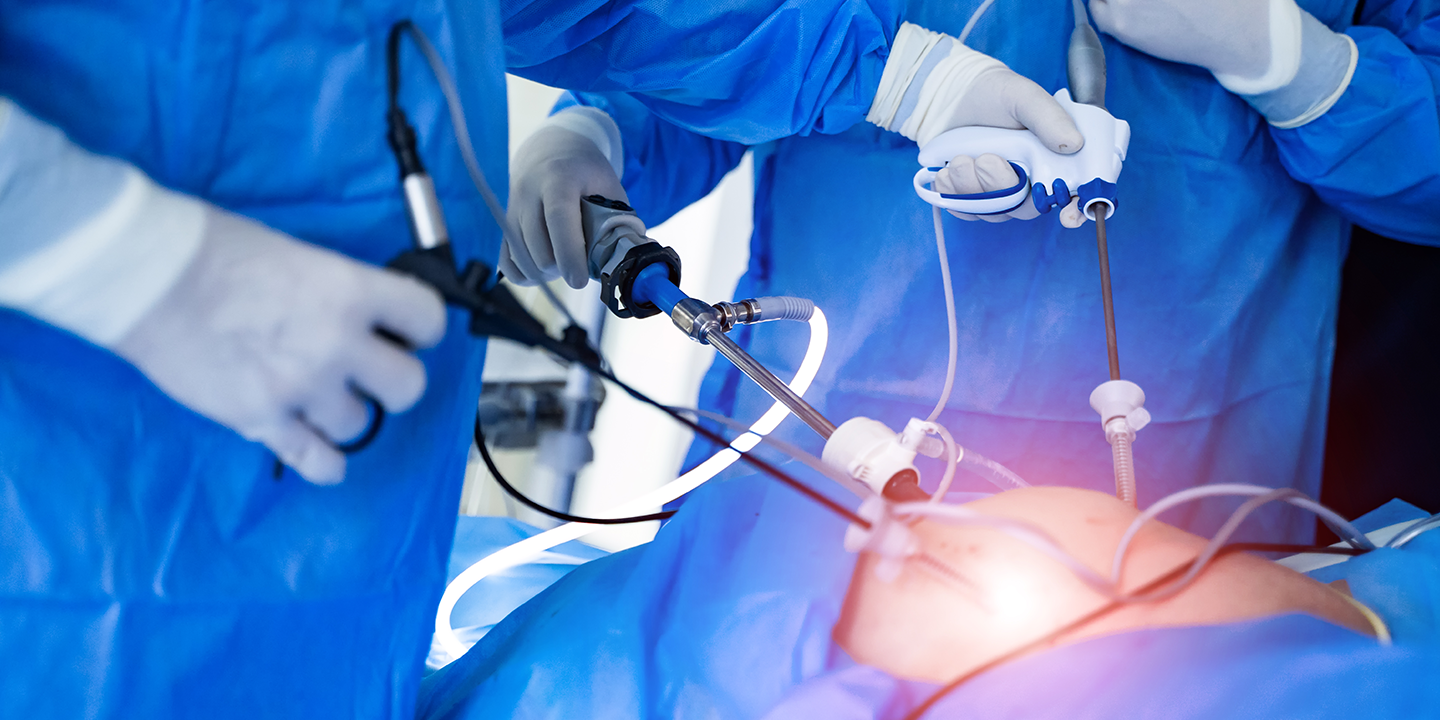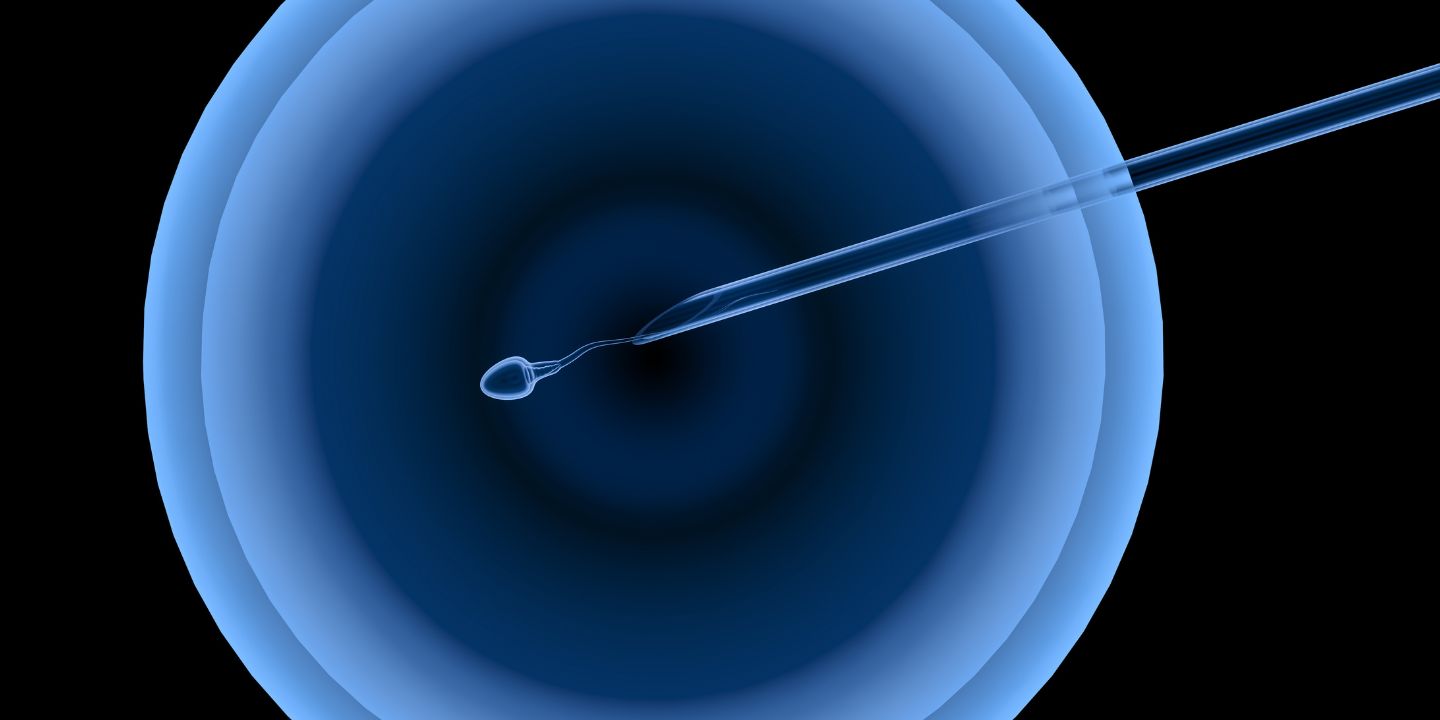
Risk content: As the age progresses the chances for infertile couples to conceive decreases drastically and that hence adds more to the already existing stress couples with the pressure from family members and many others. Infertility can be caused by both or any one of the partners. Infertility evaluation is necessary if your age is more than 35 and you have not been able to get pregnant after a year of unprotected intercourse. Male-female infertility treatments can help couples make their dream of starting a family come true. QUEEN’S GYNECOLOGY is among the reputed clinics with expert gynecologists to help you determine the cause of infertility and offer proper treatment per your requirements.
In this Article
- 1 Infertility – An overview
- 2 Types of infertility
- 3 Infertility – the causes
- 4 Causes of female fertility
- 5 Signs of Female infertility
- 6 Male infertility causes and symptoms
- 7 Signs of male infertility
- 8 Diagnosis of infertility
- 9 Infertility test in females
- 10 Infertility tests in males
- 11 Infertility treatment
- 12 How Queen’s Gynecology can help with infertility?
- 13 Conclusion
Infertility – An overview
Infertility is a condition when a couple cannot conceive after one year of having regular sex for more than one year. It can affect both genders. It is a common condition as some people struggle to get pregnant or may have multiple miscarriages. Fertility is not only a female problem or an issue with age. As many things can lead to infertility, and it can affect people of all genders as well as ages. When a couple cannot get pregnant, any one person or both is equally likely to have the problem. Experts usually test both people for infertility if in case a couple cannot conceive. However, there are many infertility treatments available for all kinds. It is best to consult the best gynecologist to treat infertility. QUEEN’S GYNAECOLOGY is one of the best clinics to get treated by experienced doctors.
Related Blog: Do Fibroids Cause Infertility And Affect Your Pregnancy?
Types of infertility
Infertility is a common issue and is a clinical disorder and is determined when a person cannot get pregnant or carry the pregnancy to full term. Types of infertility are :
- Primary infertility
It is a type of infertility when a person never conceives. This type of infertility is when a couple has no record of conception with them after having unprotected sex for at least one year or more.
- Secondary infertility
When a person conceives one and finds difficulty conceiving the second time, this condition occurs when the incapacity to conceive occurs after the couple has had one or more successful conceptions. Infertility can be caused by issues or defects in both or any one of the partners.
- Unexplained infertility
If a person tries to get pregnant for about a year or more and your doctor cannot determine the obvious problem, like fallopian tube blockage, you have what doctors call unexplained infertility.
Infertility – the causes
Fertility naturally starts declining with age in both men and women, but the effects of age are much more in women as those in their 30s are about half as fertile as compared to those in their 20s, and woman’s chance of conception. On the other hand, male fertility also declines with age, but more gradually. Some causes of female and male fertility are listed below :
Causes of female fertility
The increased age is one of the biggest concerns that lead to infertility in women. Over time, the egg quality and count decline, increasing the chances of infertility.
- Owing to irregular ovulation in women’s cycle is the main cause of infertility. Some face issues as mature eggs do not work.
- In females, if the fallopian tubes do not work and are blocked due to STIs, then conceiving naturally can be difficult. It is one of the most common female infertility symptoms that experts should treat.
- Uterine fibroids are also among the common causes of about 40 percent of women for infertility. The uterine size causes problems in conceiving.
- Endometriosis in females is a condition in which the uterine lining grows in the outer part of the uterus, often in the ovaries, fallopian tubes, or bladder.
- PCOS is another sign of infertility in women in which hormonal imbalance triggers the female body to produce excess testosterone and disturbs ovulation. Women with issues like PCOS may be overweight and have the excess body or facial hair.
- There are many uterus problems because of which the egg can not attach to the uterine wall and cannot develop into a fetus. Uterus issues can be due to polyps which are benign growth.
Some other causes may include chronic conditions like AIDS or cancer, poor egg quality, pelvic surgery, and tubal ligation.
Signs of Female infertility
Depending on the cause, the signs of infertility in women can vary, and it is vital to discuss these with an expert. Some female infertility symptoms may represent the root cause of hormonal conditions that should be reed on time. The main signs of infertility in women are changes in menstrual cycle and ovulation; other than that, there are many other symptoms of infertility in women :
- Abnormal periods such as bleeding may be heavy or light sometimes.
- Irregular periods can be another sign, as days vary between periods.
- If a woman has no periods or else periods stop suddenly.
- If a woman has painful periods, including back pain, pelvic pain, etc.
- Change in sex drive
- Skin changes
- Weight gain
Related Blog: Female Infertility – Causes, Symptoms, Diagnosis and Treatments
Male infertility causes and symptoms
Mostly male infertility symptoms and causes are due to difficulty in sperm’s ability to reach and fertilize eggs. You may have male infertility if in case your female partner fails to conceive after you have tried for one year. This means about one year of regular and unprotected intercourse. Your doctor will test both you and your partner to determine the root cause of infertility. Some signs of infertility in males are :
- Low sperm count – It is the most common cause of male infertility and is determined by a test if it is below 15 million.
- Abnormal sperm shape-Another reason for infertility in males is abnormal sperm shape, making it difficult for sperm to move.
- Low sperm motility-Sperms of males with low motility find it difficult to swim and successfully reach the fallopian tube to fertilize the egg.
- Some other causes -In a few cases, some specific issues in males can also result in infertility, like a medical condition, overheated testicles, ejaculation disorders, and hormonal imbalances. Their causes may also include genetic factors, mumps, hypospadias, cystic fibrosis, chemotherapy, and other diseases or medications.
Signs of male infertility
However, male infertility symptoms vary and depend upon causes.
- Change in sex drive
- Change in hair growth
- Pain, swelling, or lump in testicles
- Problem with ejaculation and erection
- Firm testicles
Diagnosis of infertility
A person must visit an expert gynecologist if there is no pregnancy within one year of having unprotected intercourse. If in case a female partner is more than 35 years of age, the couple must book an appointment as early as possible because fertility testing takes time. There are many infertility tests for both males and females that the doctor recommends before starting male-female infertility treatment.
Infertility test in females
Gynecologists will ask about medical history, medications, sexual habits, and menstruation cycle. You may undergo many tests, including blood tests, Hysterosalpingography, laparoscopy, ovarian reserve testing, pelvic ultrasound, and thyroid function test.
Infertility tests in males
The doctor will ask for all details about medical history, medications, and sexual habits and also perform physical examinations. If there is an indication of any abnormality, then the doctor recommends poem tests, including semen analysis, blood test, ultrasound, and Chlamydia test.
Infertility treatment
The infertility treatment depends on many factors, including the cause of infertility, how long you are infertile, age of both male and female, and personal preferences. However, many causes of infertility cannot be coerced, and in cases in which natural pregnancy cannot happen, couples can choose to have assisted reproductive technology. Infertility treatment needs time commitment, and thus, it is necessary to have patience. To get treated by experts, you can book your appointment with QUEEN’S GYNECOLOGY, one of the reputed fertility clinics in South Delhi offering many treatment options for couples having infertility issues: the clinic is well known for offering :
- Education, as well as preparing to counsel
- The experts also provide medications to induce egg development and ovulation.
- IUI treatment is also available in which sperm is parked directly in the uterus at the time of ovulation.
- In Vitro Fertilization is also available, which is a common technique to conceive that involves stimulating and retrieving many mature eggs, fertilizing with sperm, and then implanting the embryos in the uterus after fertilization.
- Third-party reproduction is also available, including sperm donation, egg or ovum donation, embryo donation, and surrogacy.
- There are many infertility surgeries also available to correct any abnormalities. Expert doctor, after a thorough examination, along with an ultrasound report, the gynecologist will recommend surgery if needed to correct any kind of abnormalities. Some most common surgical procedures for infertility treatment are laparoscopy and hysteroscopy.
- Treatments are available for infertility, ranging from medications to embryo implantation via assisted reproductive technology (ART).
Many specific treatments are for men or women, and some are for both partners. In 80 % to 95% of cases, infertility is treated with the help of conventional medical therapies, including medication or surgery. If these fertility treatments are unsuccessful, an expert gynecologist will recommend using eggs or sperm donated by a third party or surrogacy. QUEEN’S GYNECOLOGY offers many infertility treatment options for all types of infertility. If you are struggling with infertility, it is time to book your appointment with the expert at QUEEN’S GYNECOLOGY to get the best treatment for your condition.
How Queen’s Gynecology can help with infertility?
QUEEN’S GYNECOLOGY offers many tests to know the exact cause of infertility for both males and females, and the expert doctors and fertility specialists here take care and determine the history of couples and offer the best infertility treatment after discussing the signs of infertility in males and females both. Here experts combine advanced technology and compassion to give hopeful couples a chance to conceive. The clinic offers the best male and female infertility treatment for fertility issues. The fertility specialist at Queen’s Gynecology has a deep understanding of many fertility issues and the latest advancements in fertility treatments, and the doctors here provide all available options to achieve your dream of starting a family. The clinic provides many infertility tests to determine the root cause of infertility and recommend the best treatment. The experts will do the physical examination and also understand the history. They may recommend Transvaginal ultrasound, lab tests, Hysterosalpingogram, semen analysis, and diagnostic laparo- hysteroscopy.
Conclusion
If you are under 35 and trying to get pregnant without success for a year, visit an expert gynecologist. Women above 35 must see their doctor after six months of trying. Discuss all your signs so that an early diagnosis of an infertility problem may be made to improve your causes of getting pregnant. As per the statistics, about twenty-five percent of all cases of infertility are because of male infertility. Other 30 percent of infertility cases are due to both the man and the woman having fertility problems. For couples who experience fertility problems and wish to make a family, infertility treatments are available, and success rates are high.















































































































































































